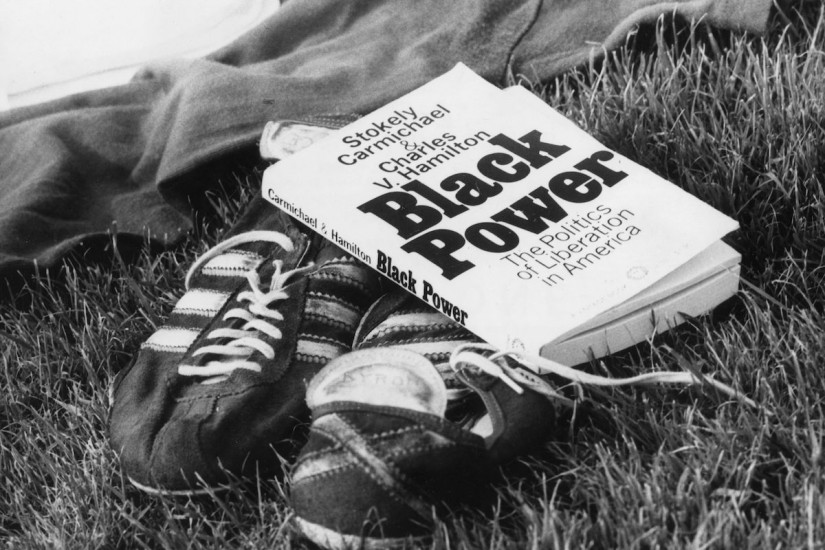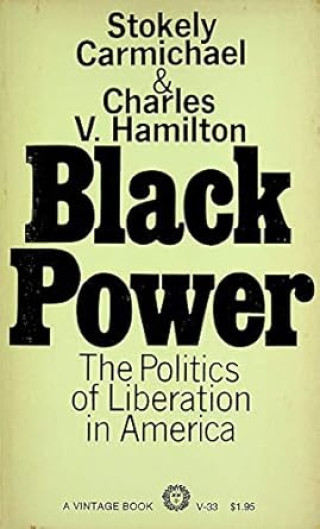This year will no doubt see plenty of fitting and necessary commemorations of Black Power’s importance in American history. Still, 50th anniversaries seem as good a time as any to clear up enduring confusions. “Black Power” is not some dusty or even hallowed slogan trapped in the past. It resides in the here-and-now as a set of living political and civic commitments. It includes a healthy suspicion of white-run institutions and an enduring desire for black ownership and other forms of self-determination. It also includes a hope that an unapologetic love of black people can, indeed, become a site of interracial political consensus. Chicago’s Black Youth Project 100, Baltimore’s Leaders of a Beautiful Struggle, and scores of #BlackLivesMatter activists and their affiliates around the country represent but a handful of the groups that sharply echo the most militant political practices of the last half-century.
Not unlike Meredith’s marchers, courageous men and women over the last 50 years have also kept alive a certain intellectual fearlessness, advancing what one could fittingly call a Black Power method. A Black Power method remains both anti-racist and, often, anti-liberal in its interpretive and archival practice. Interpretively, it refuses to caricature black radicalism as doomed for failure. It also remains attentive to racism’s class and gendered dimensions, even if, like historical Black Power, it is not uniformly, or even necessarily, “progressive” on either. Projections of black unity, as Elsa Barkley Brown recently reminded, often require silencing. Thus, it still takes real intellectual work to prioritize the stories of working-class people, queer people, and women who might otherwise be erased from the historical record, either by white supremacist history-making or black bourgeois responses to it.
In even more fundamental, archival terms, a Black Power method moves to destabilize or interrogate dominant white perspectives in mainstream media outlets, government records, and in the very definition of what constitutes a credible source. For any history book addressing black subject matter, its first challenge is usually dealing with white power in the archive. Who gets to become an archivist, how archives get organized, and even what counts as an archive have a profound racial impact on what endures as valued historical research. Expansive, digital archives can still be locked behind paywalls or library turnstiles at elite universities. Brick and mortar archives stand in racially segregated parts of town. In the most concrete ways possible, racial politics determine how we locate the past.

